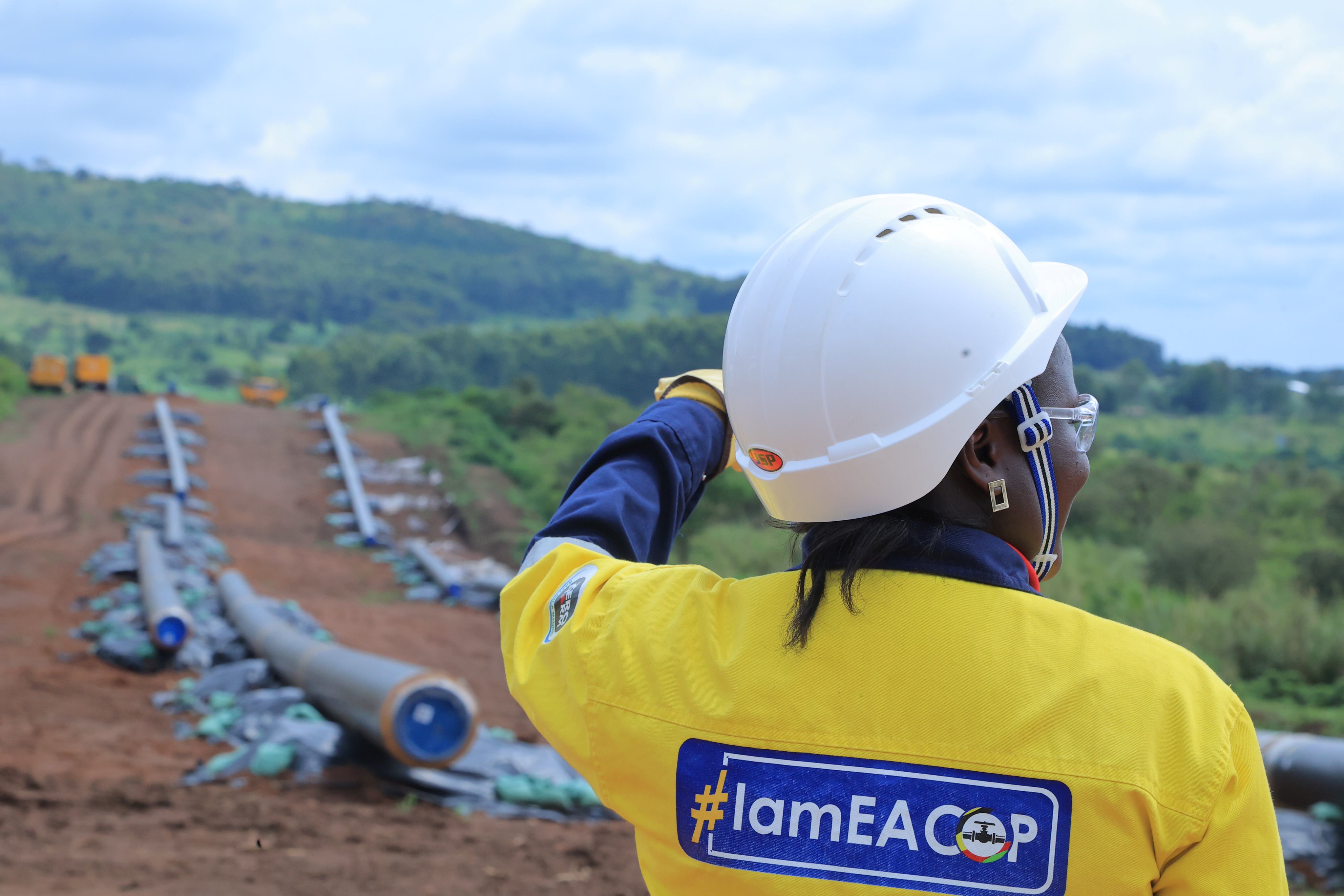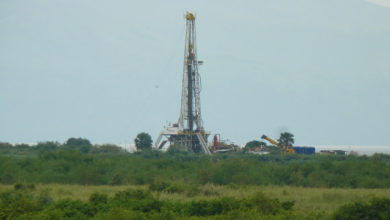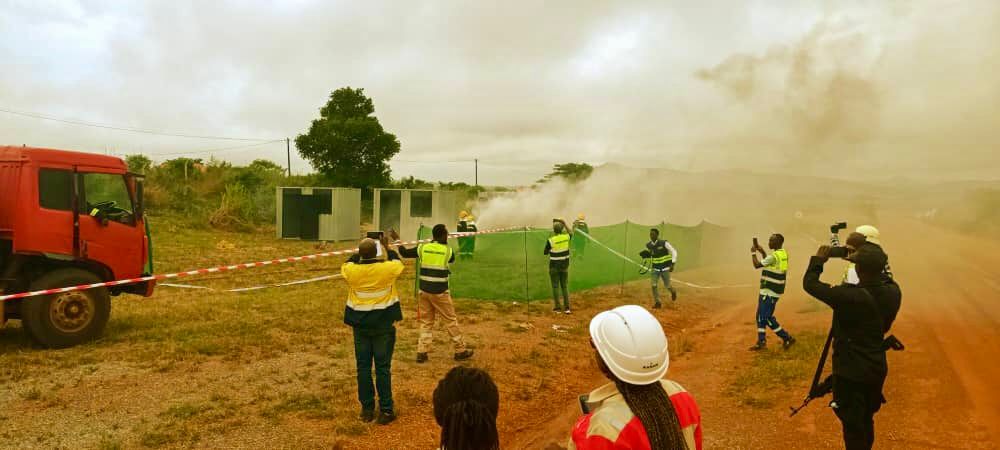Communities demand for transparency as oil projects expand in Uganda
Local communities in Hoima and Buliisa districts say they feel left in the dark about the developments happening around them, despite being directly affected by oil infrastructure and activities.

By Peter Akugizibwe
As the East African Crude Oil Pipeline (EACOP) project gathers momentum, growing voices from Uganda’s oil-rich regions are demanding a seat at the table — and a say in how the country’s oil and gas resources are managed.
Local communities in Hoima and Buliisa districts say they feel left in the dark about the developments happening around them, despite being directly affected by oil infrastructure and activities. Residents are calling for greater transparency, inclusive dialogue, and real-time access to information on oil and gas operations.
“We wake up to machines and pipelines running through our land, but no one comes to explain what is happening or how it will affect us,” says Patrick Musinguzi, a resident of Kigorobya Town Council. “This silence has created suspicion and mistrust.”
His sentiments echo those of many in the Albertine region, where the multibillion-dollar EACOP project is being implemented. The 1,443-kilometre pipeline is set to transport crude oil from Uganda’s Lake Albert oilfields to Tanzania’s port of Tanga, but opposition and skepticism have risen in tandem with its construction.
Dr. Fred Kaliisa Kabagambe, senior presidential advisor on oil and gas, acknowledges that limited engagement and poor communication have contributed to the growing resistance. “When people don’t understand what is happening, they become vulnerable to misinformation,” he said during a recent stakeholders’ forum. “We need to move away from top-down communication and involve local communities as active participants.”
He warned that continued failure to engage local leaders, cultural institutions, and the youth could intensify protests and jeopardize Uganda’s oil ambitions. “Transparency must not be seen as a favor — it is a responsibility.”
Residents like Joseph Kyamanywa of Buhirigi Village in Bombo Sub-county agree. He believes the government should create dedicated platforms to allow communities to report grievances, monitor environmental impacts, and track oil revenues. “There should be a clear feedback loop where people feel heard and respected,” he said.
In response, John Bosco Habumugisha, deputy managing director of EACOP Ltd, insisted the project has invested in community outreach, public meetings, and disclosure of project details. However, he claimed that some protests have been fueled by civil society groups allegedly offering money to stir unrest.
“Despite our efforts, there are still actors who exploit gaps in communication to push anti-development narratives,” Habumugisha said, adding that EACOP adheres to international environmental and social standards.
Still, observers argue that transparency must go beyond statements and public relations — it must be visible on the ground.
As Uganda inches closer to oil production, the success of the EACOP project may hinge less on the strength of its engineering and more on the strength of its relationships with the people whose lives are most affected.







